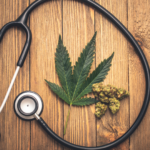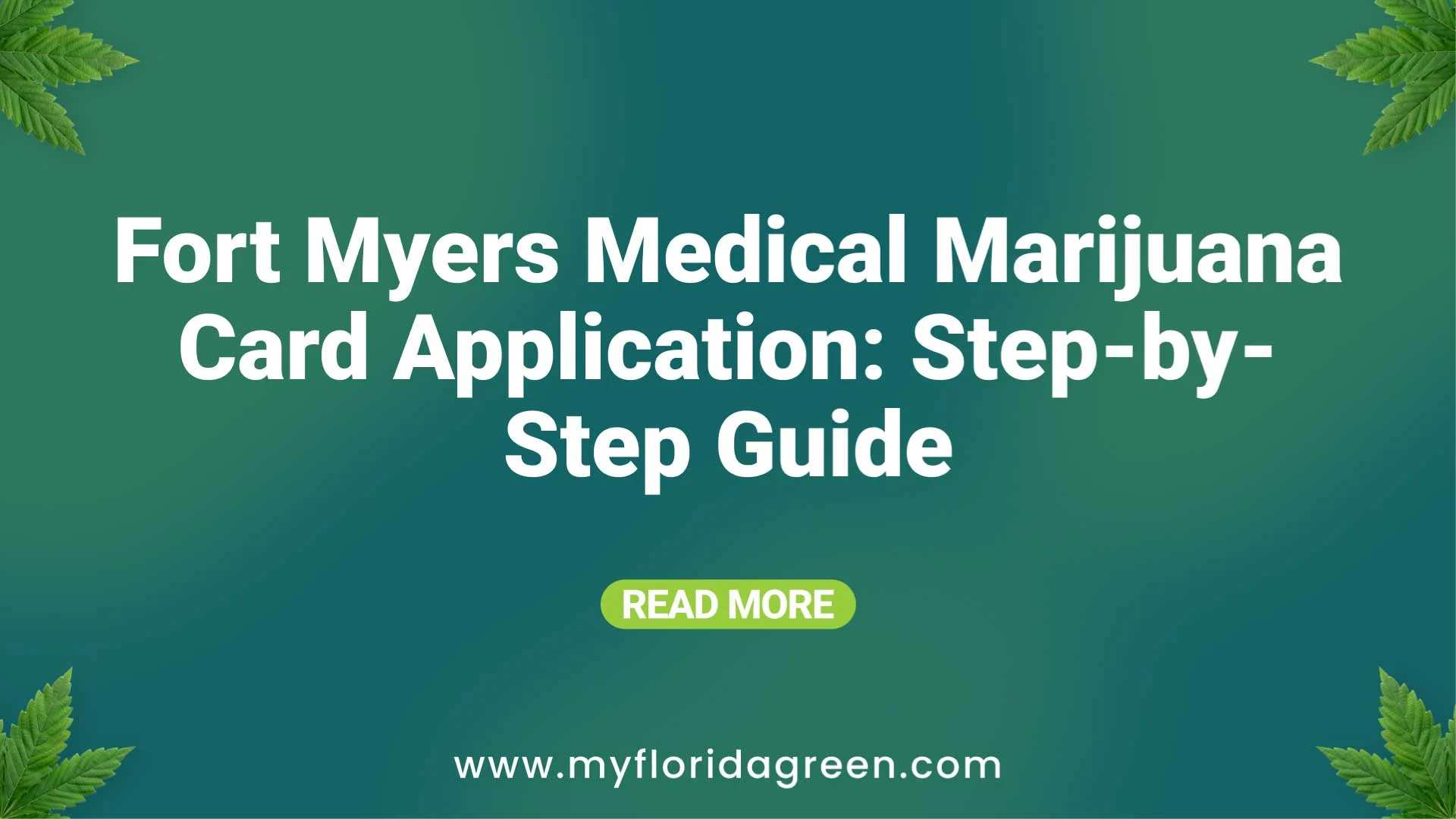The limitations of traditional medication in addressing specific medical health concerns have spurred a growing interest in holistic healthcare. Holistic healthcare is a patient-centric approach. It focuses on overall well-being through natural remedies. As the healthcare landscape progresses, medical marijuana is emerging as a considerable alternative medicine within this framework. Responsible use of medical marijuana, with the guidance of a qualified healthcare expert, can help ease pain, anxiety, and other issues. Nonetheless, medical marijuana laws vary among various states. Moreover, Floridians are required to have a Medical Marijuana Card Naples to use this drug lawfully.
This article delves into the therapeutic applications of medical marijuana within holistic healthcare.
Understanding Holistic Health
Holistic health focuses on the mental, spiritual, physical, social, and emotional facets of wellness and recognizes the interdependence of all aspects of health. It promotes healing for individuals, communities, and the environment, as imbalances in one area can affect others.
Holistic health has been practiced for thousands of years in many parts of the world, including China and India. However, due to a prevalent preference for natural health solutions, holistic wellness with medical cannabis has gained interest recently.
Medical Cannabis as an Alternative Medicine
Cannabis is increasingly being explored as a treatment option to enhance holistic healing practices. By viewing the whole plant and its potential effects, holistic practitioners are finding ways to benefit the whole person.
This concept encourages doctors to combine traditional, evidence-based medicine with complementary and alternative drugs. It helps to address each patient’s unique needs and preferences.
Integration with Complementary Therapies
Contrasting some traditional medicines that focus only on symptomatic relief, cannabis can offer benefits by addressing the underlying causes of disease. Additionally, it can be amalgamated with other complementary therapies, such as
- Meditation
- Yoga
- Acupuncture
- nutritional therapy
However, the use of cannabis as a form of alternative medicine requires further research and exploration. In Florida, the Florida Department of Health oversees the medical marijuana program to ensure the safe and responsible use of this drug.
What does Medical Marijuana do to the body?
Marijuana contains over a hundred cannabinoids that produce various effects. In holistic health, the plant and its components collaborate to heal the body. It aids in the following ways:
1. Pain Management
The vital marijuana cannabinoids can help in chronic pain management. Among the notable ones are THC (tetrahydrocannabinol) and CBD (cannabidiol). Both of these can react with the body’s endocannabinoid system.
The ECS system is vital in regulating pain perception and other bodily functions. It has CB1 and CB2 receptors that cannabinoids can bind to. When ingested, medical marijuana’s cannabinoids may interact with these ECS receptors and can cause pain relief. This way, medical marijuana cannot only suppress pain but also offer the potential to target the root cause of pain.
However, you must know that the efficacy of medical marijuana depends on the dosage and method of ingestion as well. Moreover, medical marijuana research for pain management is in its infancy. Thus, more research is necessary to understand its long-term impact on health.
Furthermore, you must reach out to a medical marijuana doctor for your Medical Marijuana Card Naples.
2. Anti-depression
Early research suggests that CBD may help reduce anxiety and regulate sleep for some individuals. CBD interacts with the body’s endocannabinoid system, which plays a role in mood regulation. This interaction might have potential benefits for symptoms of depression. However, further research is crucial to understand the long-term effects of CBD use.
3. Reduced Nausea and Vomiting
For patients receiving Chemotherapy, nausea and vomiting are standard treatment side effects. Medical cannabis may help reduce nausea and vomiting by affecting the endocannabinoid system in the body. Also, its chemical compounds CBD and THC possess anti-nausea effects. As a result, they may regulate the system responsible for nausea and vomiting.
3.1 Activation of CB1 and CB2
THC can bind to cannabinoid receptor types 1 and 2 in the immune system (CB1) and the brain (CB2). THC’s activation of CB1 can result in beneficial medicinal outcomes such as decreased nausea and vomiting frequency.
However, patients must get help from medical marijuana experts to take the correct dosage of medical marijuana. Moreover, self-medication is not recommended as it can cause unwanted health outcomes.
4. Sleep Cycle Regulation
Marijuana can help regulate the sleep cycle by inducing melatonin production. Melatonin is a sleep-inducing hormone. Also, THC can help to increase the duration of the restorative stage of sleep.
Moreover, marijuana may effectively reduce the amount of REM (rapid eye movement) sleep. It is a sleep stage where most dreaming occurs. Reduced REM sleep may aid patients suffering from sleep problems associated with PTSD.
Getting your Medical Marijuana Card
For Florida residents, getting a medical marijuana card is necessary to buy any MMJ products. Moreover, you must have a qualifying medical condition to be eligible for a Florida marijuana card. With your MMJ card, you can begin using marijuana as recommended by your medical marijuana doctor.
The Takeaway
Holistic healing using medical cannabis can offer benefits for those who wish to use natural alternative medicine. Medical marijuana is an excellent natural drug alternative that can help in coping with a variety of symptoms of several diseases. It offers relief by posing a soothing effect on the body. However, you must use your medical marijuana card Naples to buy medical marijuana products. Moreover, you can get help from My Florida Green experts for medical marijuana certification.










